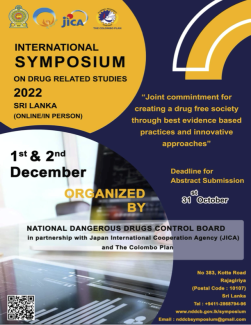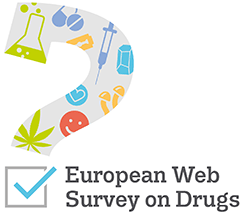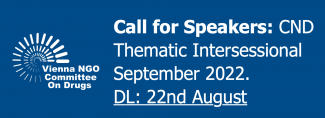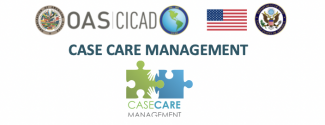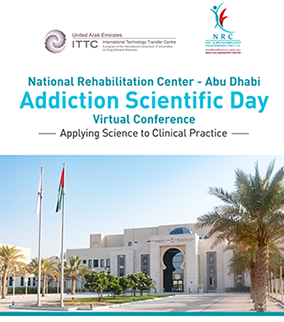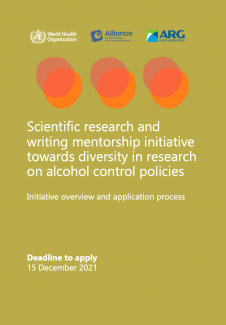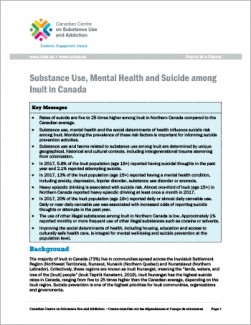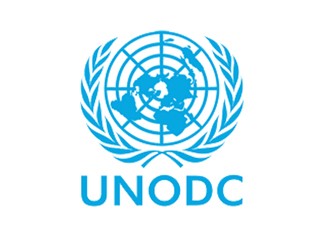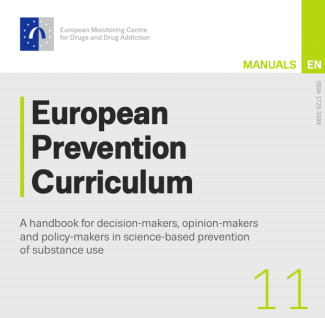Prevention of Opioid Use Education Materials
Mid-America Addiction Technology Transfer Center (MATTC) partnered with the Ethnic Communities Opioid Response Network in Missouri, the Addiction Policy Forum, and the Opioid Response Network (ORN in IA, KS, MO, and NE) to translate 5 different evidence-based prevention products "Prevention of Opioid Use Education Materials" into 12 different languages, and ensure they are culturally appropriate, including Arabic, Bosnian, Burmese, Dari, French, Mandarin Chinese, Pashto, Somali, Spanish, Swahili, Tagalog (Filipino) and Ukrainian.
